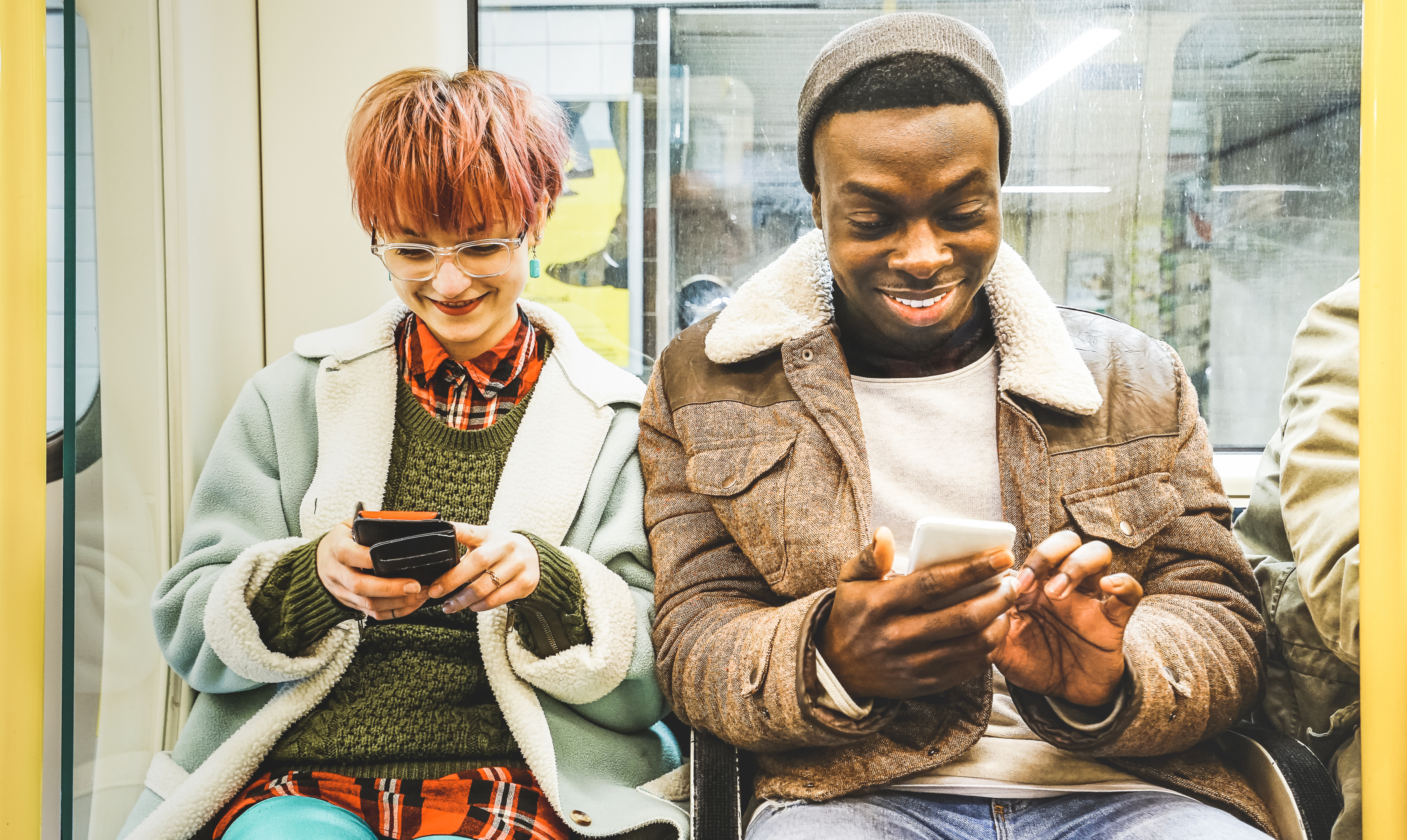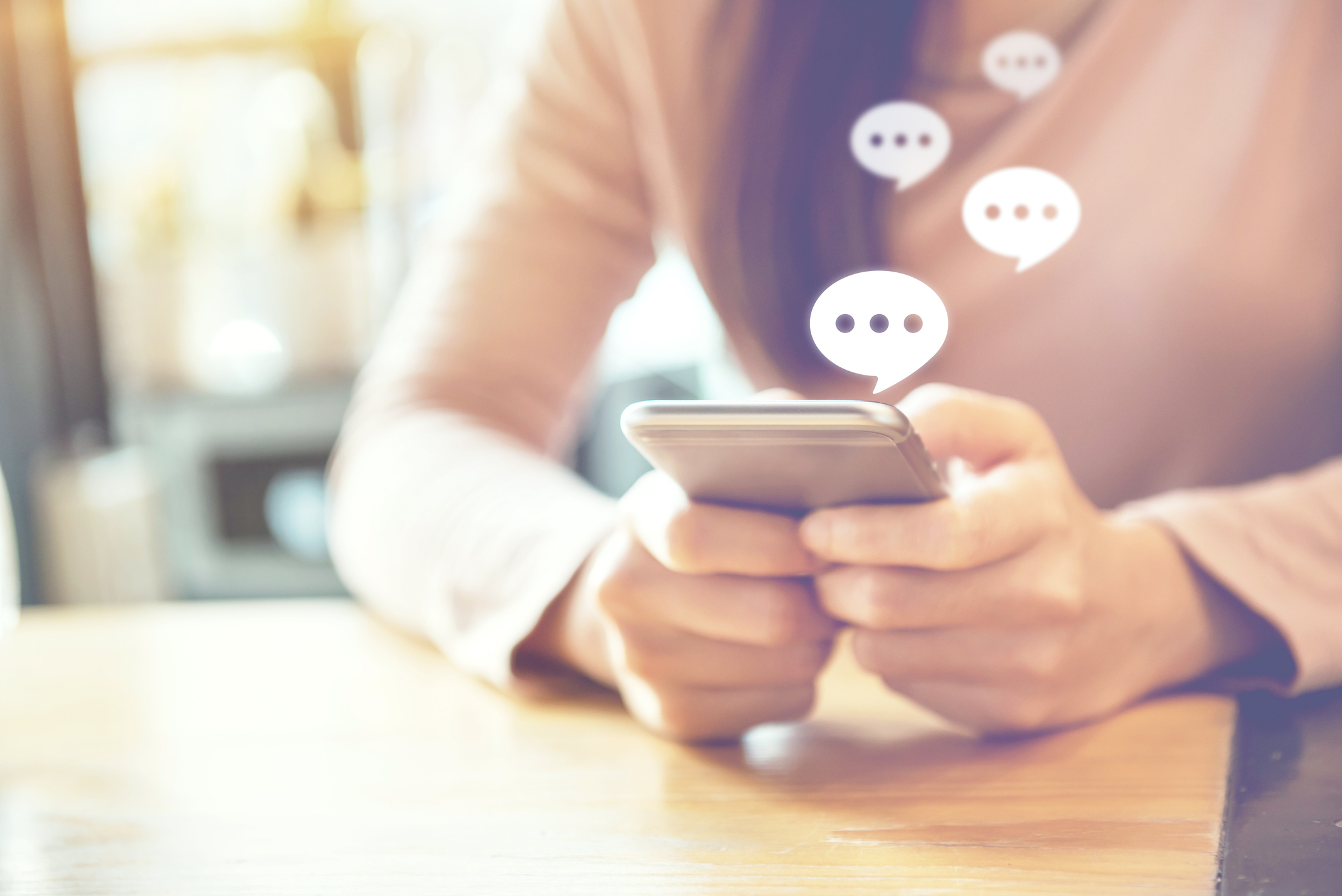
DID your holiday even happen if you didn’t post about it on Facebook?
Does someone really like you if they don’t like to your new Instagram picture within five seconds?
This September marks the beginning of yet another monthly health challenge. And in the way dry January and Stoptober helped people halt drinking and smoking habits, Scroll Free September hopes to encourage us to take a hiatus from the overuse of social media.
The campaign was announced in July of this year by the Royal Society for Public Health (RSPH) in light of the many ongoing claims that social media is negatively impacting our sense of well being and mental health.
According to RSPH, currently 91% of the UK’s 16-24 year olds use social media but 56% have said they would consider quitting due to concerns about its mental health and wellbeing impact.
An estimated 320,000 have supposedly pledged to take part in the campaign, but what are the benefits Scroll Free September can offer us? Here’s how a month of no social media can supposedly help our psyches:
You’ll sleep better
As part of Scroll Free September, RSPH is encouraging people to stop using social media after 6pm every night.
Thanks to things like wake-up alarms on our phones, or messaging loved ones before we drop off, the likelihood is, most of us sleep with our phones or devices next to our beds.
However, a couple of messages can lead to a couple of hours of scrolling and this is really bad for our sleeping habits. According to the National Sleep Foundation, the blue light your phone screen emits can interfere with your body’s production of melatonin – the hormone responsible for helping you get to sleep.
Instead of scrolling through Facebook or Instagram, try reading a book before bed instead. The lack of blue light interference, and gentler winding down process means you’ll fall asleep quicker but also have a better quality sleep meaning greater productivity and feelings of wellness in general.
Avoid the dreaded “fear of missing out”
The irony of spending time scrolling through your news feed, looking at what other people are up to and wishing you were doing that too, while actually ruining the time you could be out doing fun things yourself is palpable.
If you didn’t know when other people were having an amazing time, then you wouldn’t feel the pangs of missing out, and would be able to enjoy your own time freely in blissful unawareness.
Improved self-esteem
A spin off from “fear of missing out,” social media is a tool where we are naturally compelled to constantly compare ourselves to others.
Consultant Psychiatrist Dr Richard Graham treats people with addictions linked to technology. In an interview with Sky News he said research is pointing to social media affecting the hormonal balance of the brain: “We think social media affects dopamine levels through the different rewards they offer. In the forms of likes, or increased followers or retweets, or whatever platform it is, it gives you a little bit of a lift in your mood.”
But when we don’t get as many as we hope for, we can feel deflated or unliked, or that we’re not good enough. Team this with a bombardment of images of photoshopped models on Instagram and friends’ exemplary lives on Facebook and our feelings of self-esteem are bound to be affected.
Greater connection with friends and family
The likelihood is most of us have been in a situation where people at a dinner table are scrolling on their phones instead of talking to people around them, or we have been vainly trying to engage someone completely engrossed in their social media feed.
A study by academics at the University of Michigan found that Facebook is linked to loneliness and social isolation, even though on the surface it acts as a tool for increased connectivity.
While it is a great way to keep in touch with distant friends and family, excessively using social media in place of real physical contact can have an impact on our emotional wellbeing. Human beings are social and familial based creatures.
—
While there are many benefits associated with going scroll free for a month, these are just guidelines, and again there is the added danger of yet another thing we should feel guilty about adding to our levels of stress. If you feel like your social media usage is fine, then keep doing your thing.
But if you think you could really benefit from no social media for four weeks – go for it. You’ll have a chance to reflect on what you missed, what you didn’t, and what you got to do in place of and enjoy instead.

Enjoy the convenience of having The Sunday Post delivered as a digital ePaper straight to your smartphone, tablet or computer.
Subscribe for only £5.49 a month and enjoy all the benefits of the printed paper as a digital replica.
Subscribe